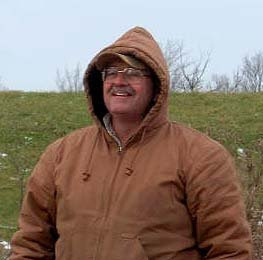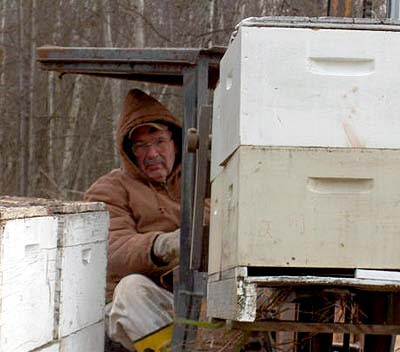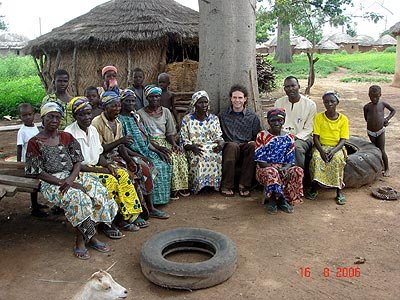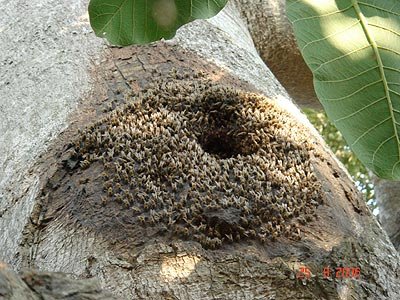What do the plants teach us?
Plants are an endless source of wisdom. They are my most patient as well as most persistent teachers.
99% of all living organisms on this planet are plants! That number always astounds me, and I am reminded of our most basic relationship with the plant world. Our constant exchange of oxygen and carbon dioxide ensures our survival on this planet. Outside the honey house now everything is a brilliant green, the color associated with our heart chakra. When this chakra is open, we are able to give and receive the gifts of love, gratitude and appreciation. It is interesting as well that out of the four elements (earth, air, fire & water), the one that corresponds with the heart chakra is air or breath. When out in nature among the plants, I am reminded that our breath and our hearts are intimately connected, as we are to the plant world. This helps me remember to slow down, have patience, and open my heart.
A well known and respected herbalist once told me that when she visits clients for a consultation, the first thing she does is take a walk around the property on which they live to see what plants are growing. And amazingly enough, nine times out ten these plants are exactly what the client needs. One of my overall examples of a teaching plant is the dandelion. Dandelions persistence is remarkable. No matter how much effort people put into trying to eradicate this little yellow flowers from their lawns and gardens, the dandelion pops up everywhere, in cities and suburbs, between flower beds and between sidewalk cracks. Dandelion perseveres. As well as being a tremendous source of nectar for the honey bee, this flower has extremely important medicinal use in our modern culture. Dandelion is one of the most effective detoxifying herbs we have, assisting our livers in processing the overwhelming levels of pollution and toxins that surround us everyday. The flower essence of dandelion has specific uses as well for people today; this is for those people constantly on the go, helping people slow down, release tension and find balance in their lives.
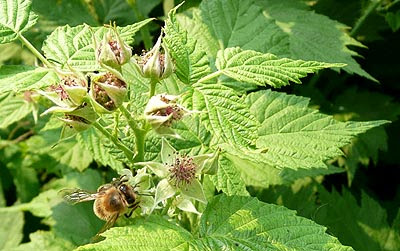
from black raspberry flower,
New Haven, Vermont June 2, 2007
photo by Ann D. Watson, copyright 2007
Dandelion is not unique. The healing gifts of so many plants are amazing and endless. I was reading recently about a process called Phytoremediation, which according to the Wikipedia dictionary is the ability of plants to de-pollute contaminated soils, water or air by “containing, degrading or eliminating metals, pesticides, solvents, explosives, crude oil and its derivatives, from the mediums that contain them.” I find this information fascinating. I am reminded again how amazing giving plants are to the planet itself, and I am inspired to give what I can back to her as well. I also realize that for those of us who are making efforts to live more sustainably and trying to help bring the earth back into balance; we are not alone, the whole plant world is here supporting us. The quote from Chief Seattle “Man did not weave the web of life; he is merely a strand in it. Whatever he does to the web, he does to himself’” echoes in my mind, remind me that plants inherently live in a cohesive balance with all of life; it is time for us to do the same.
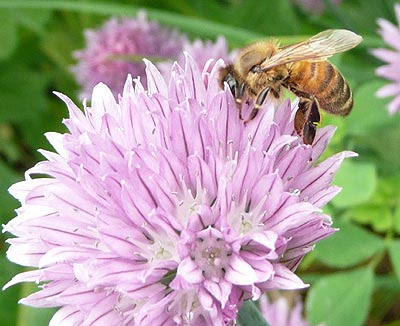
from chive flower, New Haven, Vermont June 1, 2007
photo by Ann D. Watson, copyright 2007
Recently at our father’s service, I read some lines from Deuteronomy 32:13:
He nourished him with honey from the rock ….
In the early days, bees made their homes in rocky places, and sometimes the honey would ooze out when the rocks got hot. Out of the hard times, we are given sweetness.
I recall the 22 hour drives from Georgia to the north a few years ago when Tom was my driving partner, driving the bees though the night to keep them cool and living. His encouragement for many years will always be so clearly felt.
We hope you are having a good summer and appreciate your support of the bees and plants.
